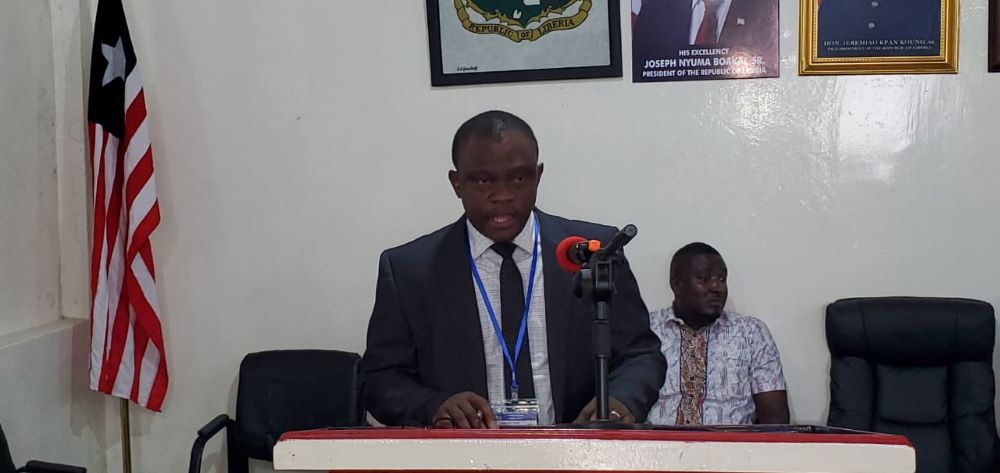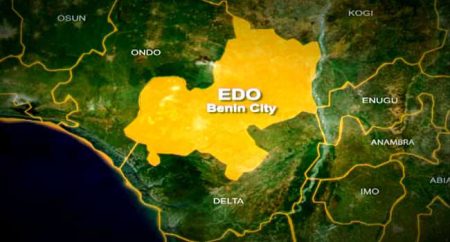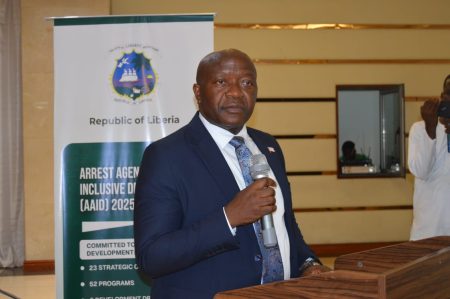The Government of Liberia is initiating a National School Census data collection process starting November 1, 2024, and running through December 12, 2024, focusing on the Montserrado region. This effort, announced by Deputy Education Minister Dr. Samuel Toe during a press briefing, aims to provide an updated assessment of the country’s education system, particularly following a significant gap in data collection since the last national census in 2020. The Ministry of Education is collaborating with partners such as USAID, UNICEF, the EU, and other stakeholders to ensure the successful implementation of this initiative, which adheres to the mandates outlined in the 2011 Education Reform Act and the Education Sector Plans.
One of the main objectives of this school census is to collect expansive data from both formal and non-formal Technical and Vocational Education and Training (TVET) institutions. This comprehensive data gathering is expected to enhance the Ministry’s capability to make informed decisions regarding investments in the education sector, while also improving monitoring mechanisms for quality, accessibility, and equity within the education system. Dr. Toe indicated that the census will cost an estimated $1.2 million, a budget aimed at covering essentials such as equipment procurement, data staff training, logistics, and the production and dissemination of the final census report.
Unlike previous censuses conducted, the upcoming data collection process will involve private school principals and registrars in Montserrado taking on a more central role in gathering and reporting data. This marks a shift from widespread enumerator deployments seen in earlier censuses, aiming for improved accuracy and accountability in data collection. To facilitate this process, a technical working group composed of representatives from various government sectors and development partners will oversee the planning and execution of this census.
Key preparatory activities for this census include staff training for data management, the acquisition of necessary equipment, and the modernization of the education information management systems. Community engagement is another vital aspect of the initiative, which seeks to involve Parent-Teacher Associations (PTAs) from all school types—public, private, and faith-based—throughout Liberia. Public awareness campaigns and media engagement have commenced, aiming to boost participation and understanding of the census process among communities.
To ensure that the census is conducted efficiently, a distribution of census tools is set for December 15, 2024, following a testing period from November 13 to 15, where the newly developed online system will be trialed for data collection synchronization and real-time analysis. A specialized group will train school administrators and data personnel from November 18 to 23, ensuring all team members are equipped to handle the equipment and engage with the necessary data processes.
The actual data collection is scheduled to commence on December 1 and will continue until December 15, strategically planned to avoid conflicts with the festive season. Overall, this National School Census represents a pivotal step in reinvigorating the data collection landscape in Liberia’s education sector, addressing previous shortcomings, and supporting evidence-based policy-making to enhance educational quality and outcomes across the country.














